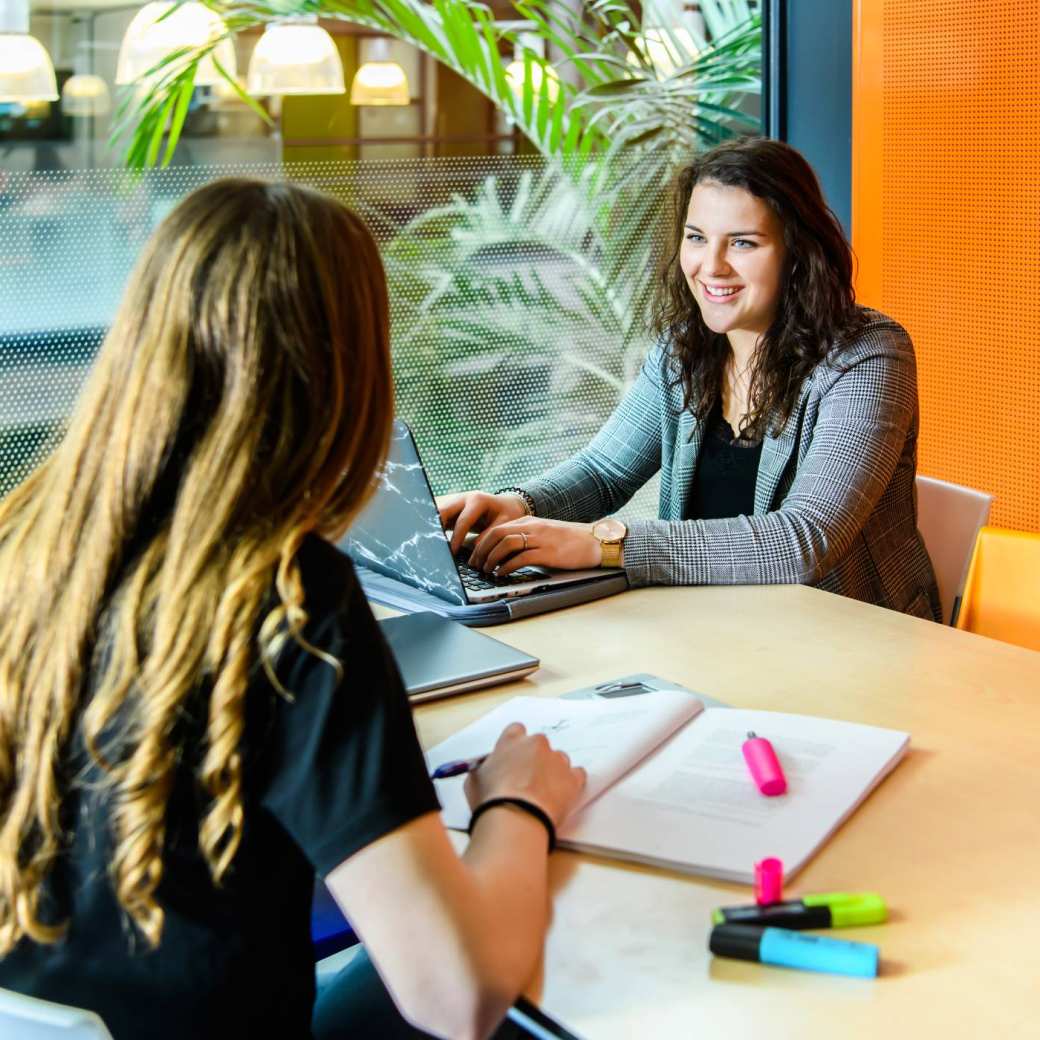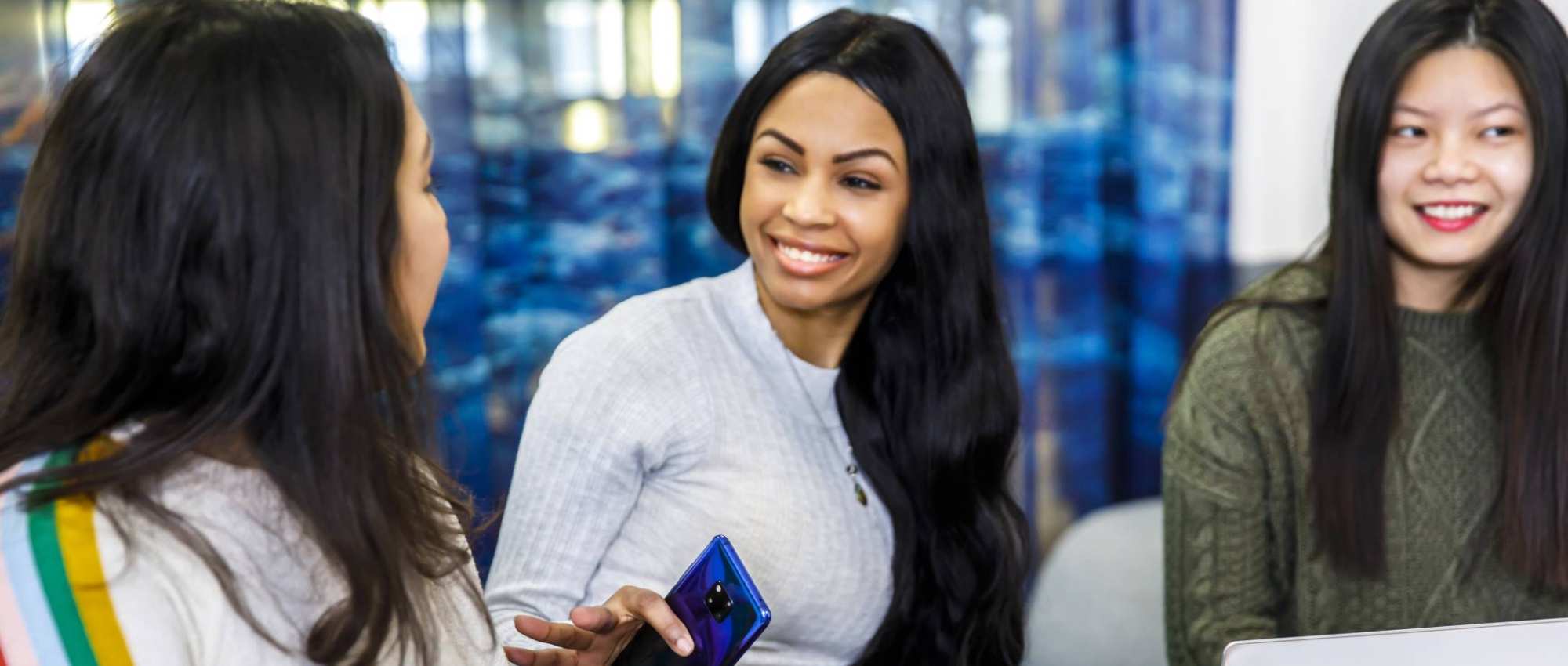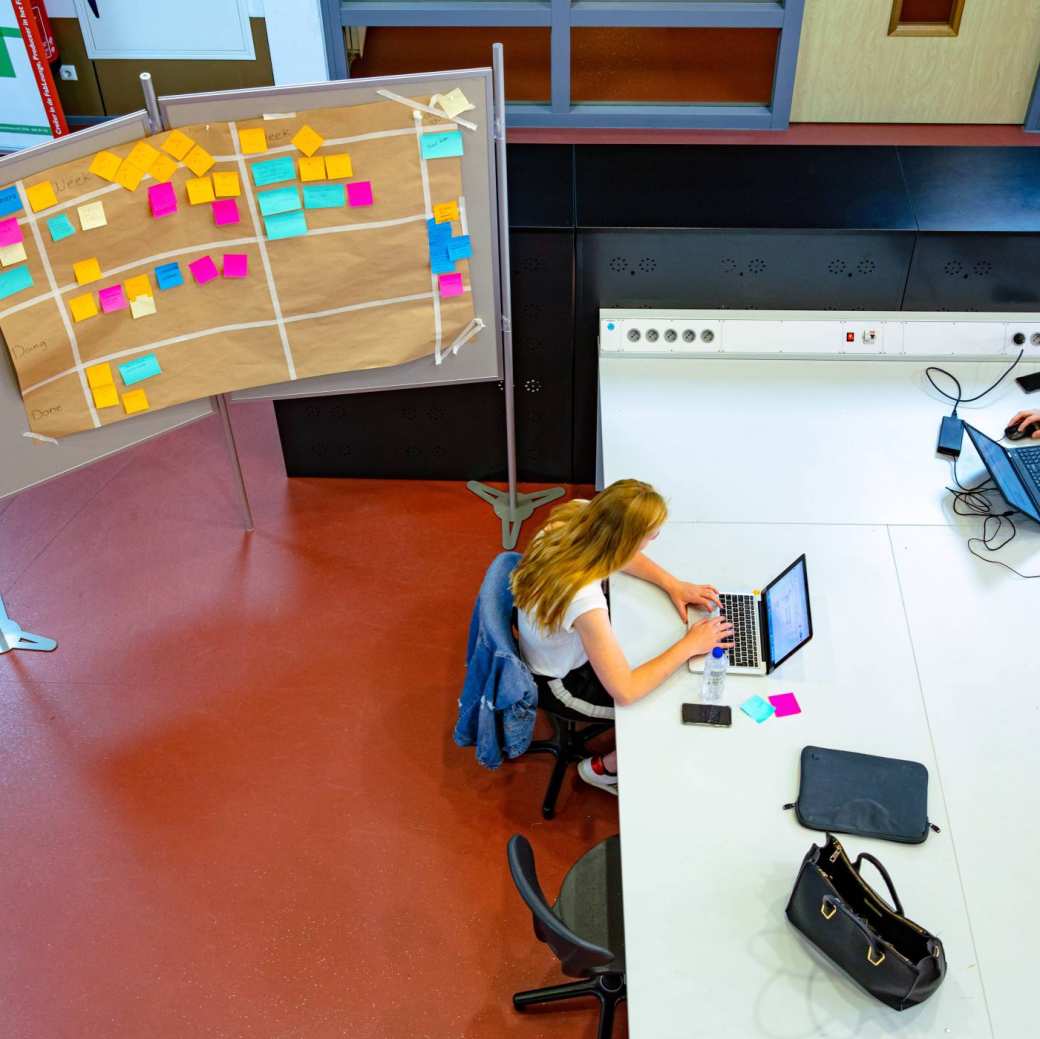Education in International Perspective
Here, you follow lessons in an international setting. You work within small, mixed groups. On practical and challenging assignments. You give presentations to your classmates and lecturers. Gain various perspectives in return. And take on an international work placement. Exciting!

The program in a nutshell
Your classes and workshops all take place on campus from Monday through Friday. You learn from international lecturers. And share experiences with your international classmates. Learn how to engage students. New methods of teaching. And how to use 21st century classroom technology with ease.
Throughout the program, you work within a small group on an assignment. A final presentation and portfolio about what you’ve learned. And how you plan on putting it to use.

Learning outcomes
By the end of Education in International Perspective you can:
- discuss new educational issues/content and approaches on teaching strategies
- collaborate with international students
- reflect on your coworker’s ideas about education going forward
- form interactive, international learning communities
- participate actively in discussions and presentations

Competences
You strengthen these competence areas during the program:
- interpersonal work
- didactic
- pedagogical
- organization skills
- collaboration skills

Dutch way of learning
The atmosphere in a Dutch classroom is quite informal and your lecturers are easy to talk to. In fact, at HAN you’re seen as a partner in the learning process. Class sizes are small and your lecturers encourage you to actively participate in class. To ask questions and give your own opinion. They also stimulate you to be creative and to discover things for yourself.

HAN International Intro
Get a good start to your studies during this week of orientation:
- learn about living in the Netherlands
- become familiar with the campus
- get on board with your exchange program
- make new friends!

What about credits and grading?
At HAN we use the European Credit Transfer and Accumulation System, or ECTS. It’s the standard credit system used in higher education across Europe. How does it work? One credit = 28 hours of study. Think of contact hours. Time spent working on assignments. Preparing for exams.
One semester = 30 credits = 840 hours of study. To earn credits, you need to pass your exams. What counts as a pass? A grade of at least 5.5.

Admission
What are the admission requirements? And how do I apply?
